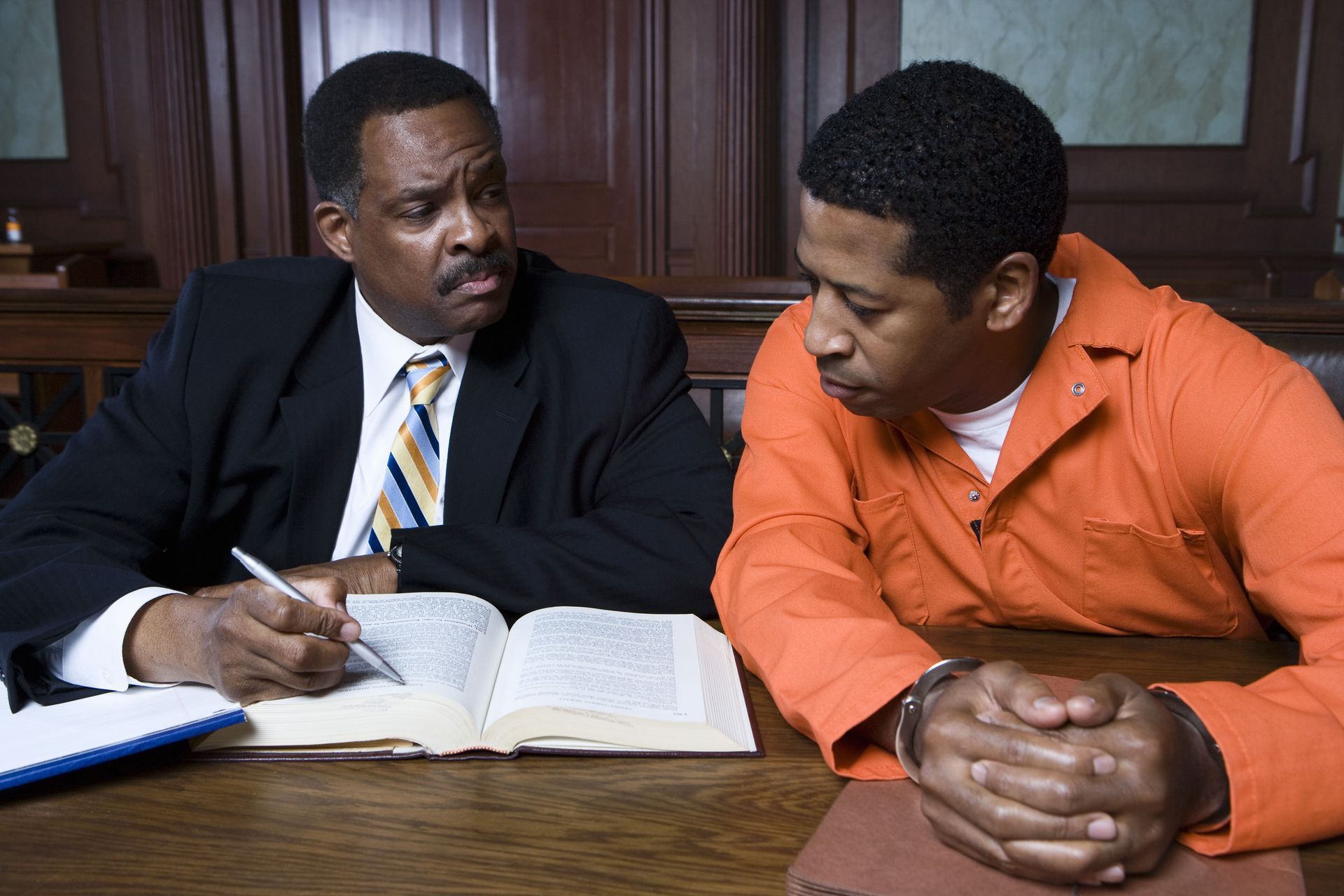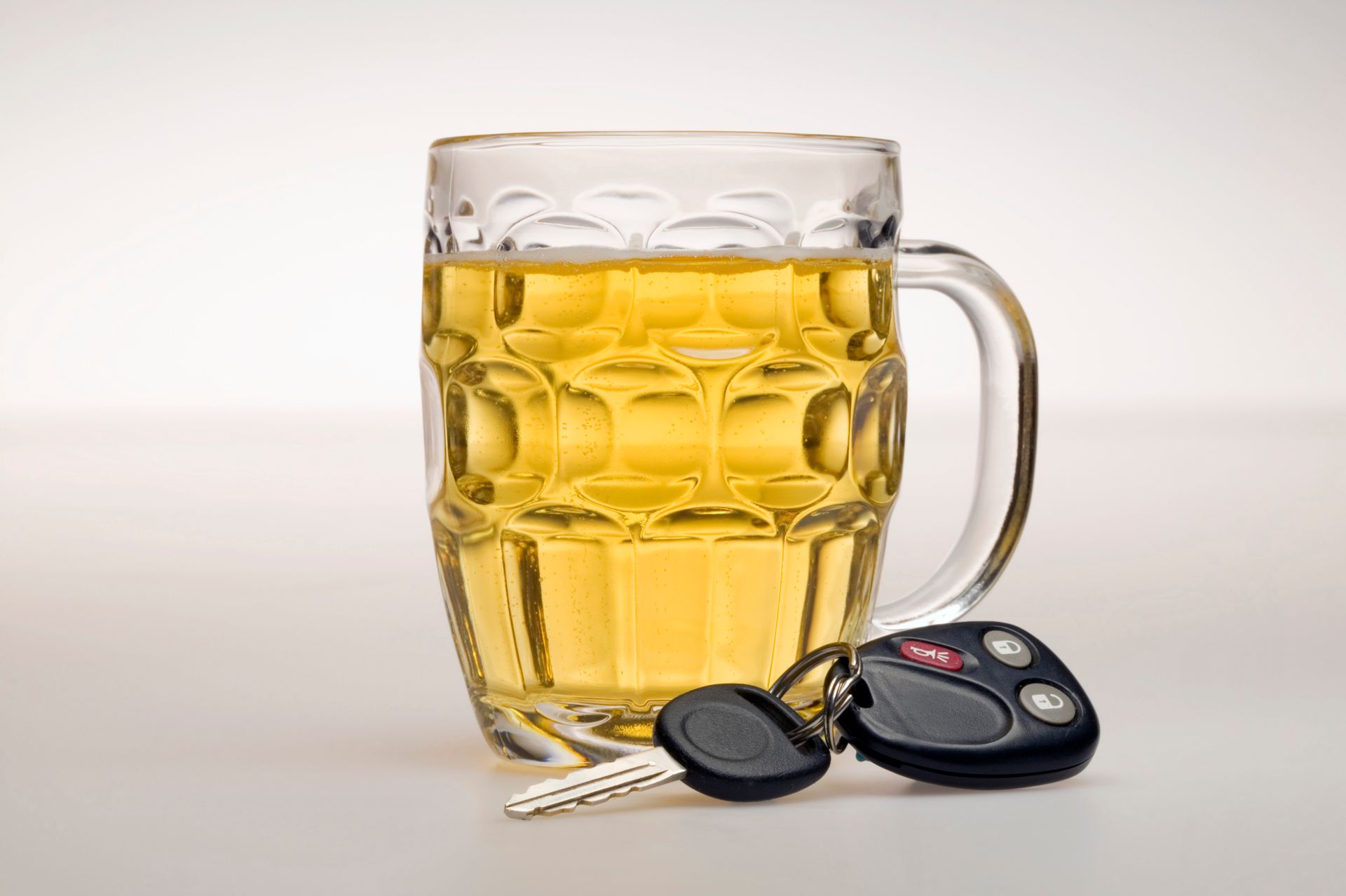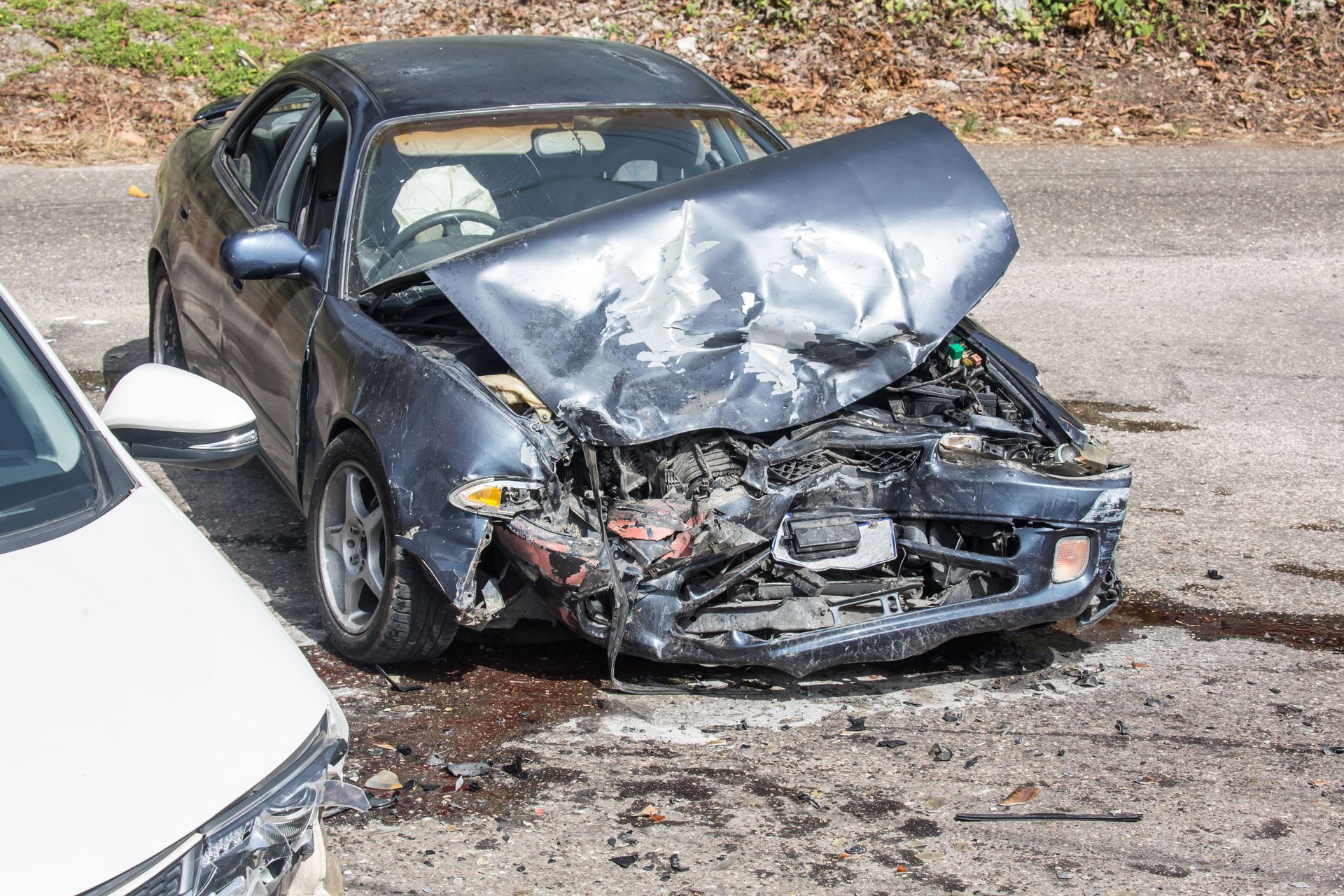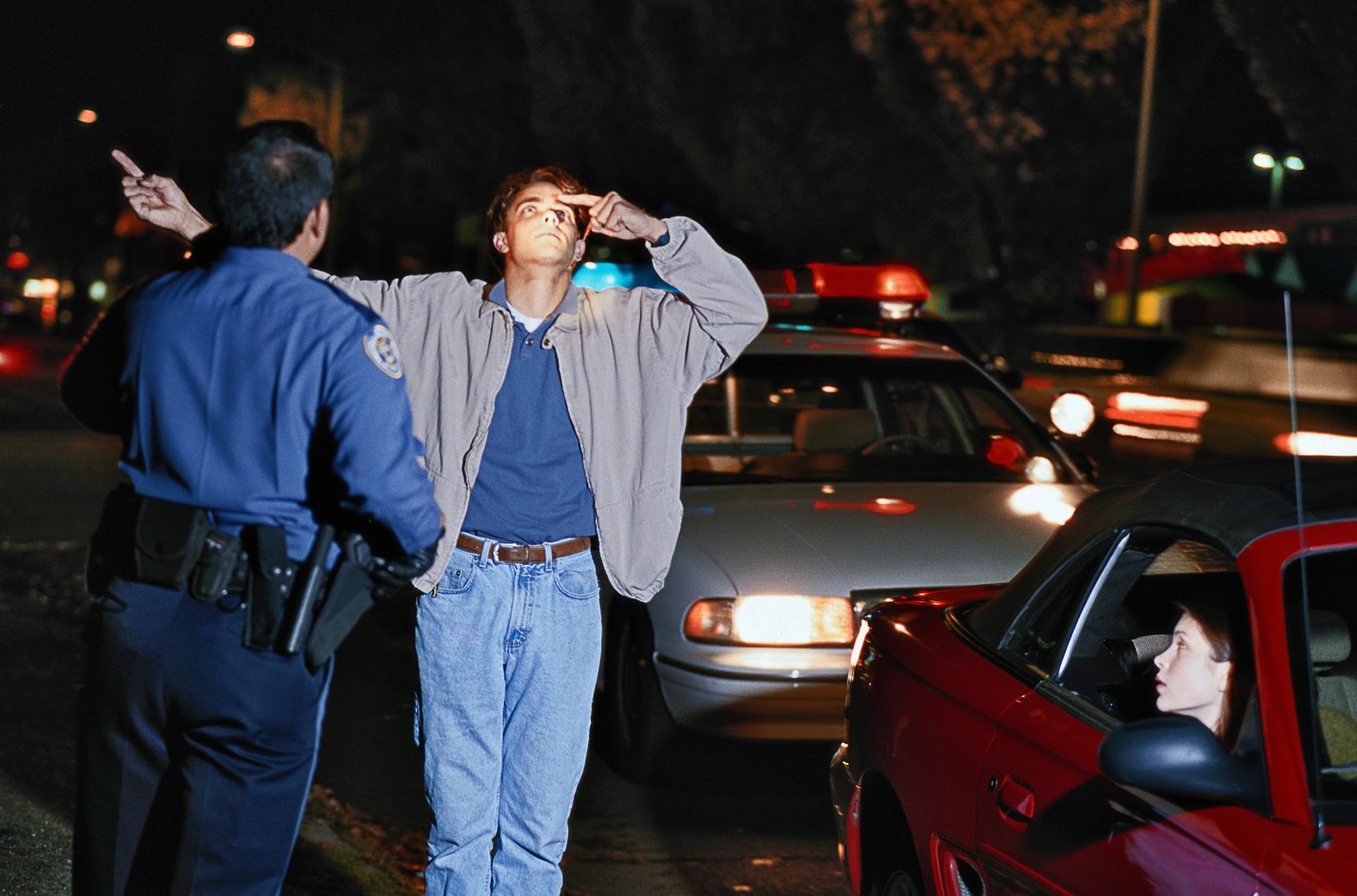The Role of Sobriety Tests: What's Legal and What's Not
Sobriety tests are a cornerstone of DUI law enforcement, helping officers determine if a driver is impaired. With rising awareness of the dangers of drunk driving, these tests are vital tools for promoting road safety. However, their use raises legal and ethical questions that require careful consideration. Anyone facing a DUI charge may need a skilled DWI lawyer to navigate the complexities of what's permissible and what crosses the line.
Mental and Physical Coordination
Field sobriety tests are standard methods police use to evaluate a driver's mental and physical coordination. Impairment often disrupts motor skills and cognition, making these tests useful indicators. Yet, they're not infallible. Factors like medical conditions, fatigue, or anxiety can skew results, leading to false positives. A knowledgeable DWI lawyer can challenge these tests in court, highlighting their limitations and ensuring they're applied fairly under the law.
Breathalyzers and Blood Tests
More precise tools, such as breathalyzers and blood tests, measure blood alcohol content directly. While these offer stronger evidence, their administration is tightly regulated to protect individual rights. Issues like improper calibration or failure to follow protocol can render results inadmissible. According to the Justice Policy Institute, a public defender, who has on average 25% less time to devote to a case than is necessary to do a thorough job, may struggle to scrutinize such procedural errors effectively. This shows the value of hiring a dedicated DWI lawyer who can thoroughly investigate and contest questionable sobriety test practices.
Implied Consent Laws
Consent is another critical legal issue. Many states operate under implied consent laws, meaning drivers agree to sobriety tests by driving on public roads. Refusing a test can lead to immediate penalties, like license suspension. However, this raises concerns about coercion and personal rights, especially when drivers feel pressured to comply. Courts often grapple with balancing these automatic penalties against constitutional protections, making legal representation essential.
Sobriety tests are indispensable for enforcing DUI laws and enhancing safety, but they exist in a nuanced legal landscape. Understanding their boundaries is crucial for both law enforcement and drivers. As debates over their fairness persist, transparency in their use remains paramount. With public defenders stretched thin, individuals facing charges must rely on informed advocacy to protect their rights while ensuring justice is served. When you need a DWI lawyer, don't hesitate to reach out to The Law Offices of Jason Pollack, Esq.













Share On: